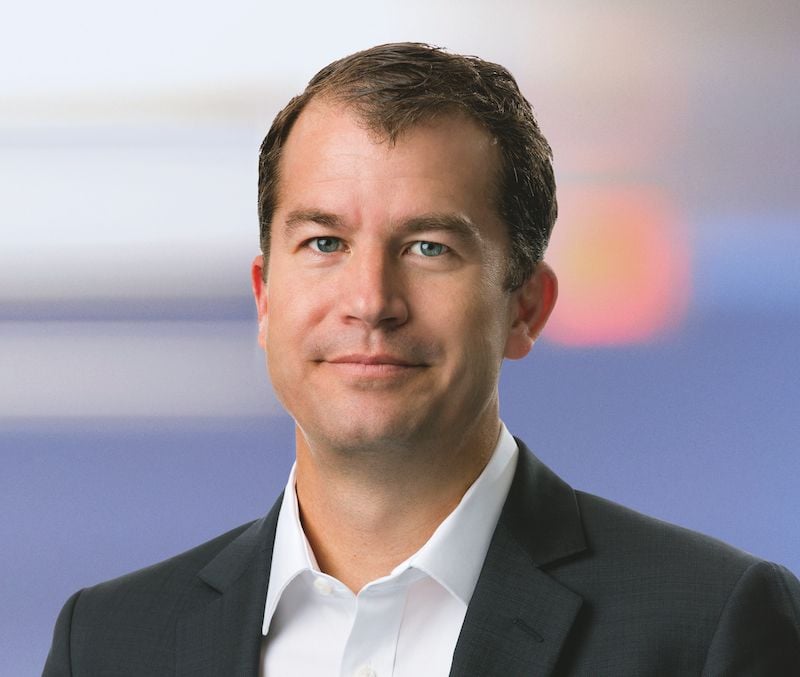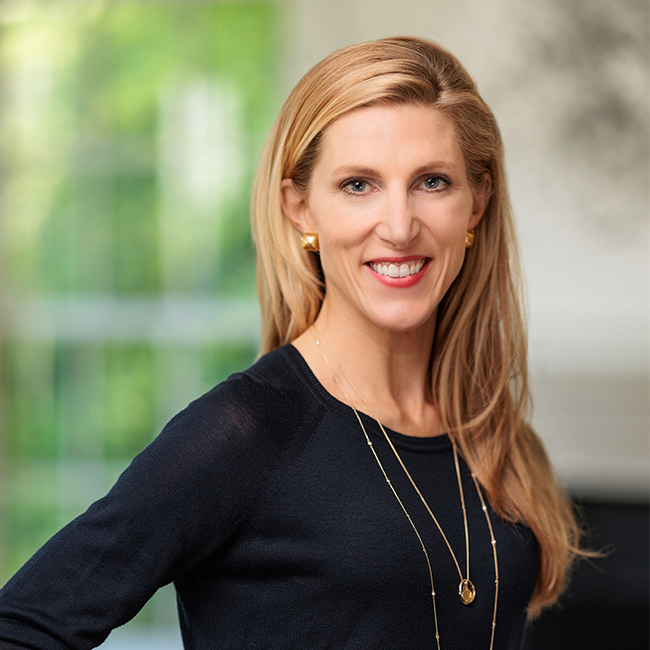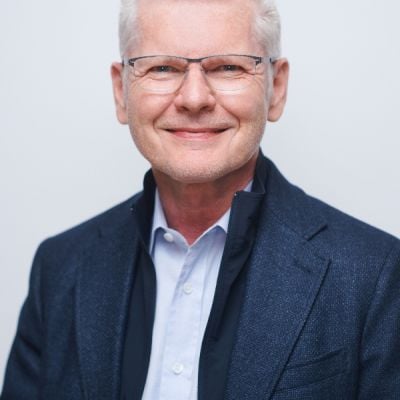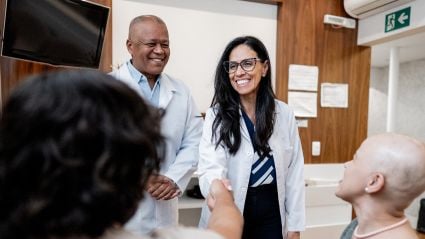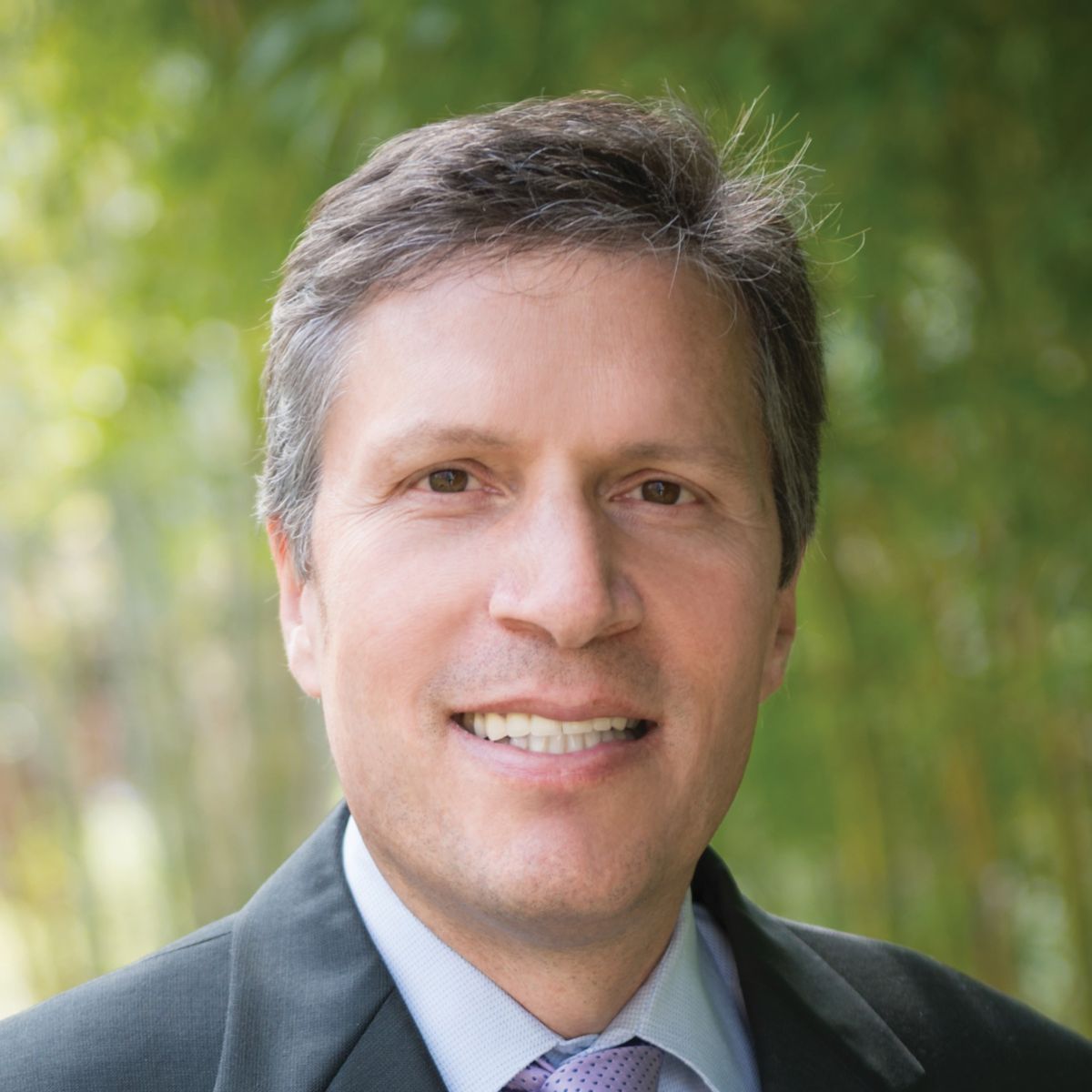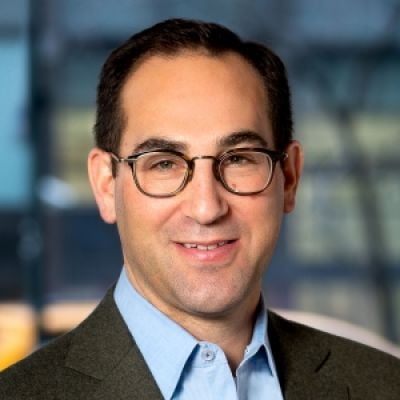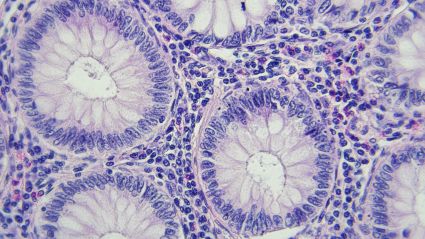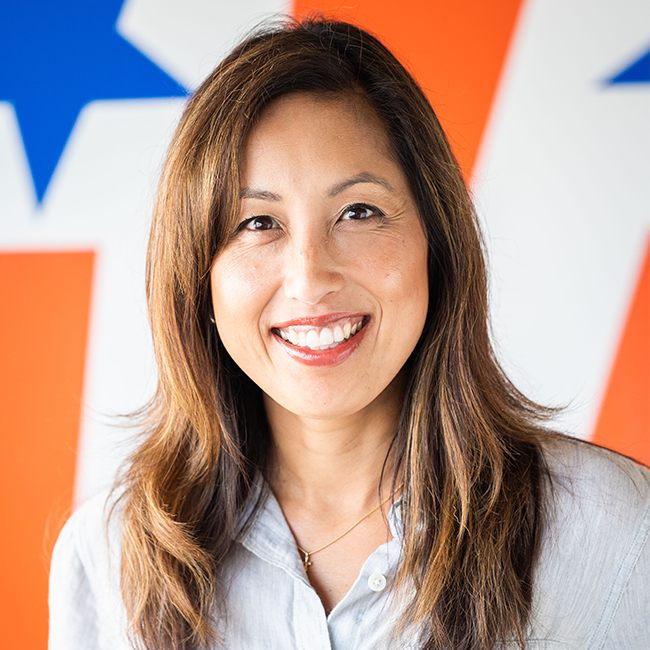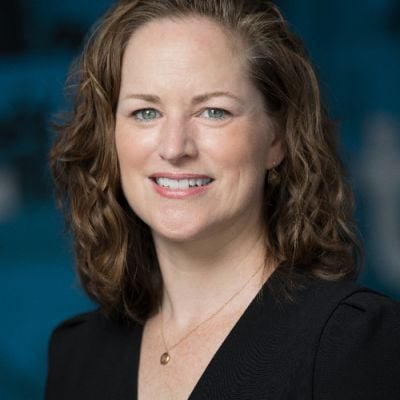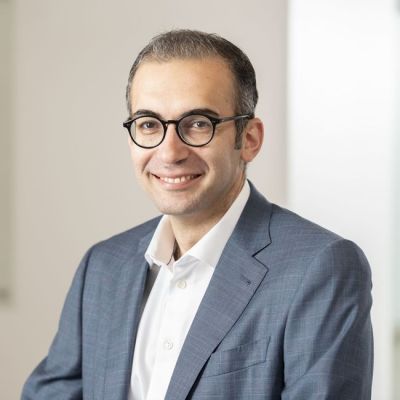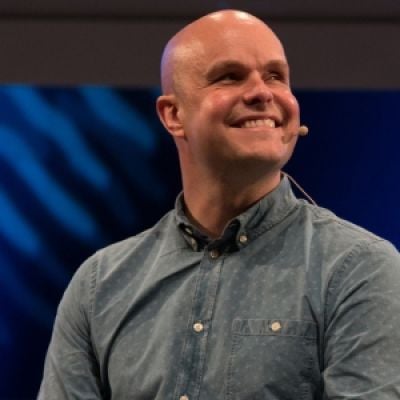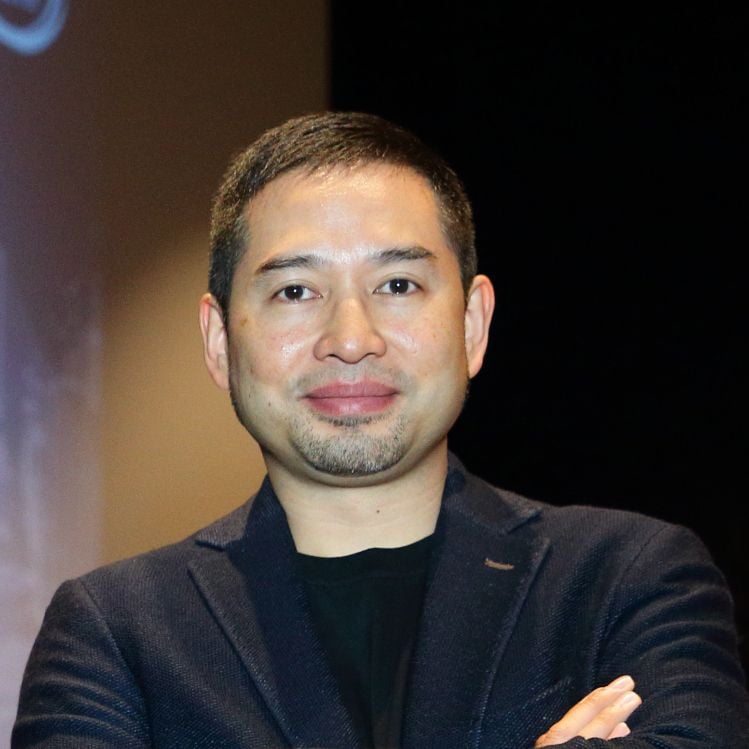
Thanks to groundbreaking advances in science and technology, we are moving closer to eliminating cancer as a cause of death and turning science into medicine at a pace we’ve never seen before. And yet, the burden of cancer continues to grow around the world. By 2050, the World Health Organization predicts there will be more than 35 million new cancer cases, a 77 percent increase since 2022. This growing number of patients will require screening, early diagnosis, new treatments, and the coordination of these elements to deliver continuity of care and optimal outcomes.
How do we reconcile the rapid progress and the growing burden to unlock new solutions, close care gaps, and reverse these trends? The answer lies in partnerships. At AstraZeneca, we’ve learned valuable lessons about how bold and unexpected collaborations can push the boundaries of what’s possible, yielding far-reaching outcomes that benefit patients, health systems, and society when there are clear and common goals. When I visited Egypt this year, I saw firsthand a powerful example of how collaboration is key to unlocking solutions to complex health challenges.
Together, I am confident we can move closer to our ambition of one day eliminating cancer as a cause of death.
Egypt has been widely recognized for its campaign to eradicate hepatitis C, a viral infection that causes damage to the liver and is a leading cause of liver cancer. In Egypt, because of the high historical incidence of hepatitis C, liver cancer has become a significant public health burden, representing the most common cause of cancer mortality in the country. The “100 million healthy lives” campaign to eradicate hepatitis C in Egypt earned a “Gold Tier” award from the World Health Organization in 2023 for its impact. This was an important backdrop for our conversations with the Egyptian government about how to work together to close gaps in care for patients with liver cancer.
At AstraZeneca, we’ve invested in global trials to improve outcomes in areas of high unmet need for patients with liver cancer. We also know that outcomes for patients are best when cancer is detected as early as possible. Our collaboration with the Egyptian Ministry of Health includes a clear goal to address the liver cancer burden and significantly improve care and outcomes for patients. Working with our regional partners gives us an understanding of the local health challenges and social dynamics they face so we can jointly tailor solutions that meet the needs of patients in their communities.
Over the next two years, this public-private partnership will combine our resources and expertise, and makes a shared commitment to:
- Screen 5 million patients for liver cancer. First, we are investing in technology to accelerate detection, reduce costs, make high-quality care more accessible, and enable more patients than ever to be screened. This includes using liquid biopsy technology, which looks at tumor DNA circulating in the bloodstream, with the potential to improve early detection and standardize screening. It also means working with our Egyptian partners to integrate AI solutions into ultrasound machines and the analysis of electronic medical records to help identify patients more precisely and efficiently. Once a patient is diagnosed, we have put in place a robust patient support program to help ensure they will have access to the care and treatment they need.
- Train 300 health-care professionals to establish a local center of excellence. Effectively treating patients with liver cancer requires complex coordination of multiple health-care professionals, including oncologists, radiologists, surgeons, and other specialists. This multidisciplinary approach to care is the standard in many global centers of excellence. This effort will build connections between global and local groups to spread best practices across local oncology centers in Egypt making high-quality care more accessible.
- Educate the public about the disease. Long-term progress relies on the community understanding the risk factors for liver cancer and the value of getting screened. We’ve already achieved massive reach across the country through initial efforts of our joint campaign emphasizing patient mobilization. In addition to increasing awareness and promoting screening, this campaign will empower patients to be engaged and accountable for their own care, while also guiding them through a complex care pathway.
Coming together in service of a shared goal is what helps any one company or country transcend what they can do alone. My team’s work with countries like Egypt has reinforced for us that partnerships are essential to expanding access to care in communities around the world. Together, I am confident we can move closer to our ambition of one day eliminating cancer as a cause of death.
